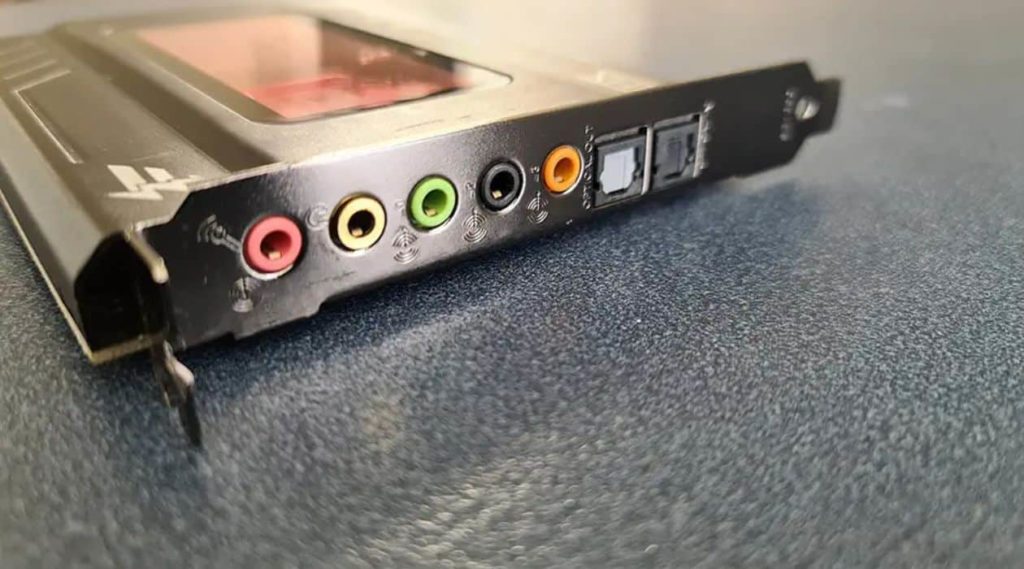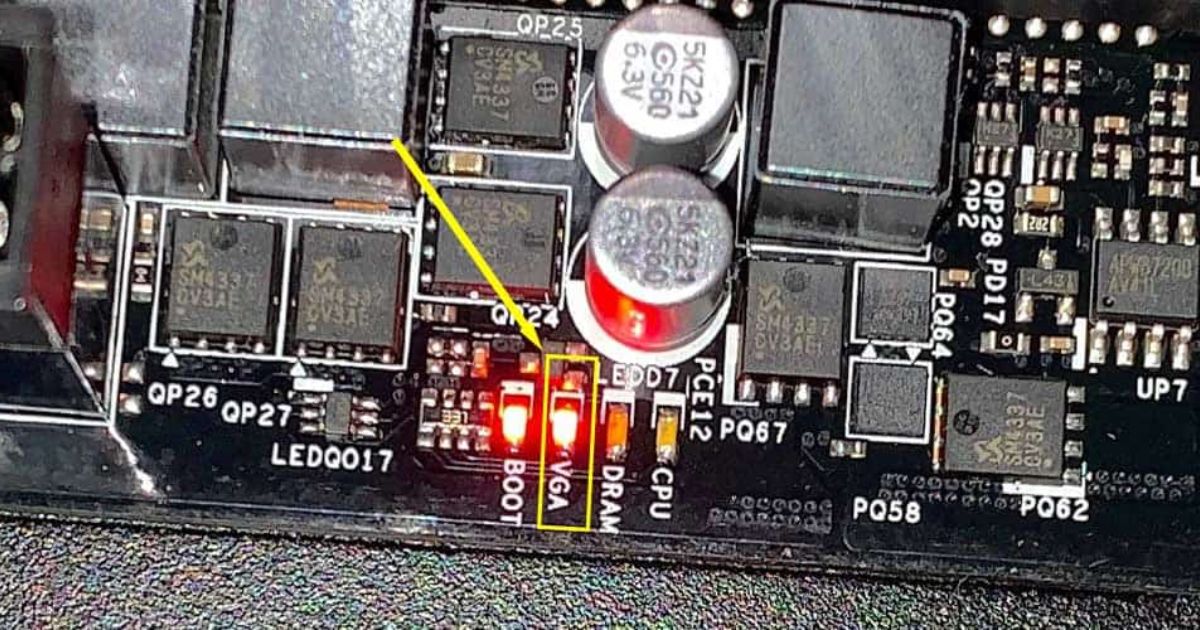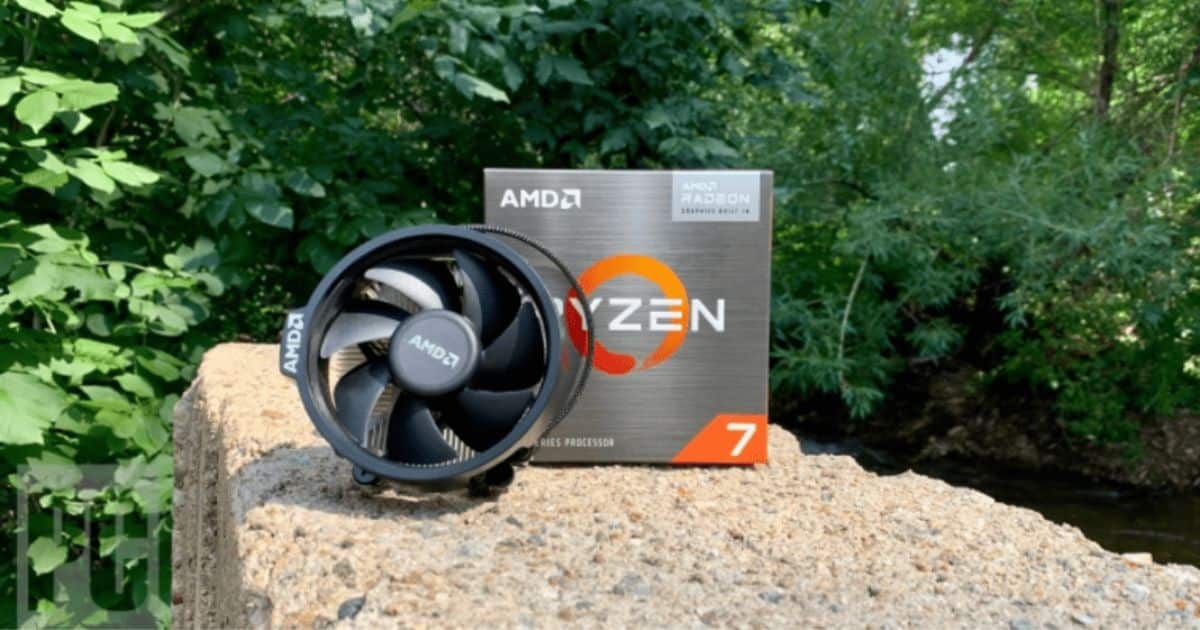In the realm of gaming, the quest for an optimal experience has led to extensive discussions regarding the necessity of sound cards in gaming PCs. This article aims to explore the role and significance of sound cards in enhancing the auditory dimension of gaming. By analyzing factors that should be considered when choosing a sound card, examining the benefits of dedicated sound cards, and comparing integrated and dedicated sound options, this article will contribute to a comprehensive understanding of whether a sound card is truly indispensable for an immersive gaming encounter.
Key Takeaways
• A sound card enhances audio quality and provides immersive gaming experiences through surround sound capabilities.
• Dedicated sound cards offer superior audio quality and additional features for a better gaming experience compared to integrated sound cards.
• Integrated sound cards on modern motherboards may be sufficient for casual gamers, but dedicated sound cards reduce electrical interference and offer better audio reproduction.
• The necessity of a sound card is debatable, as the overall gaming experience depends on factors such as speaker or headphone quality, and some gamers may not notice a significant difference in audio quality or prioritize it in their setup.
The Role of a Sound Card in Gaming PCs
The role of a sound card in gaming PCs involves improving audio quality and providing immersive gaming experiences through enhanced surround sound capabilities. A dedicated sound card is typically installed into the PCIe slot of a gamer’s setup to ensure optimal performance and compatibility with various gaming headsets. Sound cards are designed to enhance sound quality by processing audio signals with greater accuracy and precision than integrated audio solutions found on motherboards. They have the ability to produce higher fidelity audio, reduce noise interference, and offer customizable settings for personalized audio preferences. External sound cards are also available for those who prefer a portable option, while internal sound cards provide more power and flexibility for advanced users. Overall, having a dedicated sound card can greatly enhance the gaming experience by delivering exceptional audio quality and creating a more immersive environment for gamers.
Factors to Consider When Choosing a Sound Card for Gaming

One important factor to consider when choosing a sound card for a gaming PC is the compatibility with other hardware components. A sound card acts as an interface between the computer and audio devices such as headphones or speakers, allowing users to enjoy high-quality sound while gaming. It provides ports for input and output of audio signals, enabling gamers to connect their desired audio devices. Integrated sound cards, which are built into the motherboard, may be sufficient for casual gamers. However, for those who desire better audio quality and more advanced features, investing in a dedicated sound card is recommended. External devices offer benefits such as improved signal processing and reduced electrical interference. Understanding the benefits of a dedicated sound card for gaming will further highlight why it is worth considering in order to enhance one’s gaming experience.
Understanding the Benefits of a Dedicated Sound Card for Gaming
Understanding the benefits of a dedicated sound card for gaming pc involves recognizing its role in delivering enhanced audio quality and advanced features. A separate sound card can improve the overall audio experience by providing better clarity, depth, and accuracy of sound reproduction. It allows gamers to fully immerse themselves in the game environment, as they can hear subtle details and nuances that may be missed with integrated audio interfaces. Additionally, a dedicated sound card offers more control over audio settings, allowing users to fine-tune their audio equipment to suit their preferences. This is particularly important when using high-quality speakers or headphones, as it ensures optimal performance and fidelity. Furthermore, some sound cards come with additional features such as virtual surround sound, which enhances spatial awareness in games and provides a more immersive gaming experience. In summary, investing in a dedicated sound card can greatly enhance the overall gaming experience by improving the audio quality and offering advanced features not found in integrated components.
Integrated Sound Vs Dedicated Sound: Which Is Better for Gaming
An objective comparison between integrated sound and dedicated sound for gaming pc reveals differences in audio quality, features, and customization options.
1. Audio Quality: Dedicated sound cards offer superior audio quality compared to the built-in audio of modern motherboards. They have better digital-to-analog converters (DACs), which result in clearer and more detailed sound reproduction.
2. Features: Dedicated sound cards provide additional features that enhance the gaming pc experience. These include surround sound support, virtualization technologies, and advanced audio processing algorithms. These features can create a more immersive gaming environment.
3. Customization Options: Sound cards allow for greater control over audio settings and customization options such as equalizers, effects, and personalized profiles. This level of control allows gamers to tailor their audio experience to suit their preferences or the requirements of specific games or genres.
Do You Really Need a Sound Card for an Enhanced Gaming Experience?
The necessity of a sound card to enhance the gaming experience is debatable. Built-in sound cards on most modern motherboards are capable of providing satisfactory audio quality for casual gamers. However, high-end sound cards can offer improved audio fidelity and more advanced features for dedicated users who desire a more immersive gaming experience.
One advantage of using a dedicated sound card is the reduction in electrical interference that may occur with built-in sound cards. This interference can lead to background noise or static during gameplay, which can be distracting. Additionally, high-end sound cards often have better digital-to-analog converters (DACs) and amplifiers, resulting in clearer and more accurate audio reproduction.
However, it is important to note that the overall gaming experience also depends on other factors such as the quality of speakers or headphones used, as well as the user’s personal preferences. Some gamers may not notice a significant difference or prioritize audio quality in their setup.
Conclusion
In conclusion, a sound card may not be an absolute necessity for a gaming PC, but it can certainly enhance the overall gaming experience. With a dedicated sound card, gamers can enjoy high-quality audio, immersive surround sound, and reduced latency. While integrated sound options may suffice for casual gamers, serious gamers who crave the utmost clarity and precision in their gameplay should consider investing in a dedicated sound card. So why settle for mediocre sound when you can truly immerse yourself in the virtual world with a top-notch sound card?

Brook over 3 years of professional gaming, esports coaching, and gaming hardware reviews to provide insightful expertise across PC, console, and mobile gaming.










